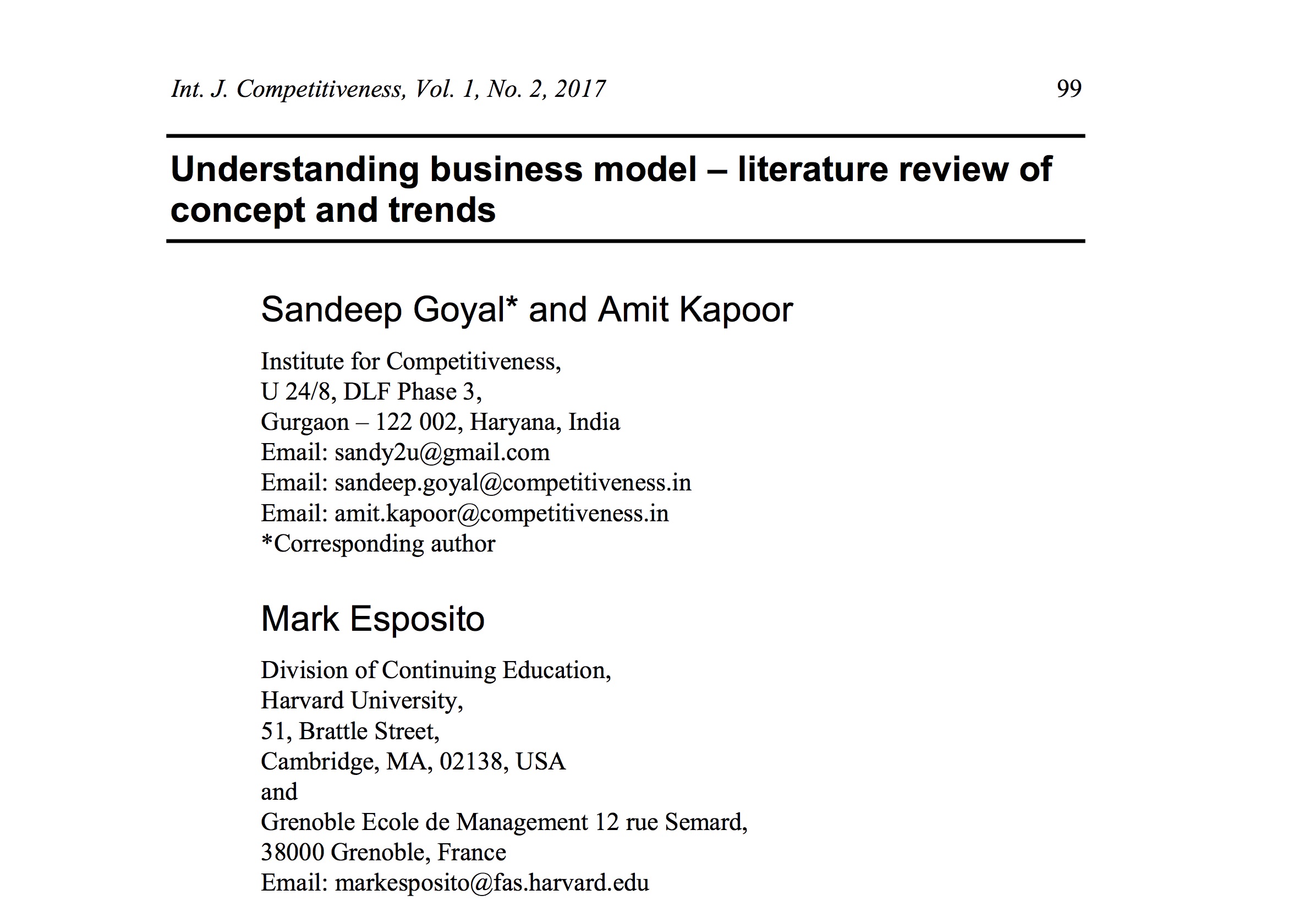The core idea of strategy is to provide an overarching view on how a particular firm is going to succeed
Michael Porter from Harvard Business School and regarded as the God of Strategy recently spoke to a group of CEOs in India (during the Porter Prize event) wherein he provided some profound insight into the idea of strategy.
The most pertinent insight that came through was that strategy clearly suffers from common language problems and they can be categorized as:
—Tendency to confuse strategy with goals. Being number one of two is not a strategy though a goal.
—Strategy is confused to be a particular action. A case in point could be: “My strategy is to outsource.” This is clearly not strategy as this is an action point.
—Strategy is about vision. Vision is a motivational and aspirational statement about an enterprise and not a strategy.
This leads us to ask how managers really define strategy. It means different things to different people. Strategy as a field has clearly developed over the last three decades. The predominant principle that has developed and needs to be kept in mind is that “the core idea of strategy is to provide an overarching view on how a particular company is going to succeed in the marketplace”.
It is understood that the primary challenge for an enterprise, thus strategy, is to be the best in the industry and win in business. This idea is accentuated with the belief of managers to be the best in terms of products, technology, customer service etc. This is a way of thinking that draws from sports wherein you are bound to have a winner in a match. The question then arises—is strategy always about winning?
The whole idea that there is one best way to compete is essentially flawed to begin with. If we walk in with the idea that you have to win and there is only one way to win, then it is hard, extremely hard, to succeed. If all companies move in the same direction, then the customer largely doesn’t get the choice for what he wants and his needs (that are many) remain unfulfilled.
In developing strategy, enterprises need to build an appreciation for foundational aspects for strategy. The foundational aspects are clearly:
Operational effectiveness. As a company we need to assimilate all those best practices and the need to imbibe what is the best within the industry. Operational effectiveness is a necessity and foundational, though this is not enough. Incidentally, if we are not operationally effective, then strategy doesn’t matter.
Competitive advantage. Operational effectiveness does not give competitive advantage as operational effectiveness is about best practices. If a company has to be good at doing something, then this is essentially the cost of being in business.
Going beyond the idea of strengths and weaknesses. Strategy is about not getting into competition on the same thing as it is about being concrete, making choices (of what will you do) and choosing a way to conduct the business.
To develop an effective strategy, certain foundational aspects need to be appreciated and followed as strategy, after all, reflects a different perspective on doing business—the perspective that is driven by the idea of finding the unique value an enterprise can provide in the marketplace.
The article was published with Mint on March 7, 2013.























